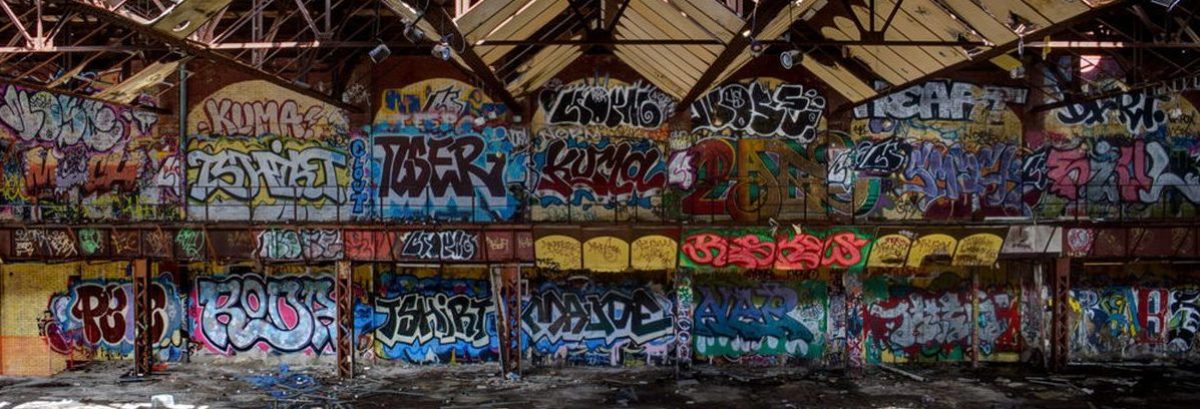Proposed Methodology:
I would ideally conduct this research qualitatively as an ethnographic study, directly interviewing squatters about housing insecurity, occupying strategies, and protest movements, as well as observing how their settlements rearticulate notions of urban belonging. However, time and resource constraints will limit this investigation to secondary analysis of previous scholarly research and popular press material. Conducting a literature review, I plan to first retrace the recent history of informal housing, namely squatting, in the United States, specifically assessing peer-based articles and newspaper clippings – especially the latter for summarizing more recent events, such as the Occupy Movement of 2011.
Drawing upon scholarship in sociology and urban studies, I will thereafter develop a theoretical framework for both conceptualizing and analyzing squatting. Employing Hans Pruijt’s (2012) notion of “new social movements,” I aim to contest the analytical bifurcation of squatting as either a response to extreme housing insecurity or a countercultural political expression (for more information, see Research Log #1). Orienting my analysis around Alexander Vasudevan’s (2015) theory of “makeshift urbanism,” I instead plan to explore how radical urban insurgency informs creative attempts to sustain housing – and vice versa – as well as allow squatters to reimagine a “right to the city.” Hoping to encapsulate each of these themes within a single analytical scaffolding, I will ultimately refer to James C. Scott’s theory of infra-politics (1992), examining how the (in)visibility of subaltern resistance influences, facilitates, and/or impedes occupiers’ collective demands.
This framework will serve as the foundation upon which I examine how occupying communities contest neoliberal reforms, such as retrenchment of affordable housing, and subjectivities of private property. Drawing upon additional scholarly research, newspaper articles, and organizational materials (i.e. pamphlets and social media posts), I will specifically analyze the ways in which squatting movements in New York, Detroit, and Seattle reimagine propertied citizenship, rights to urban space, and notions of ‘home.’
Lopez’s Comments:
Brandon, this is an exciting project! You are correct. Ideally, it would be great to do interviews with squatters, however this is not time permitting. It makes complete sense to examine secondary data, such as newspapers. I also like that you plan to examine squatting movements in Detroit, New York and Seattle. However, why these three locations? Is there something beyond squatting movements in these locations that make them a good comparison?
